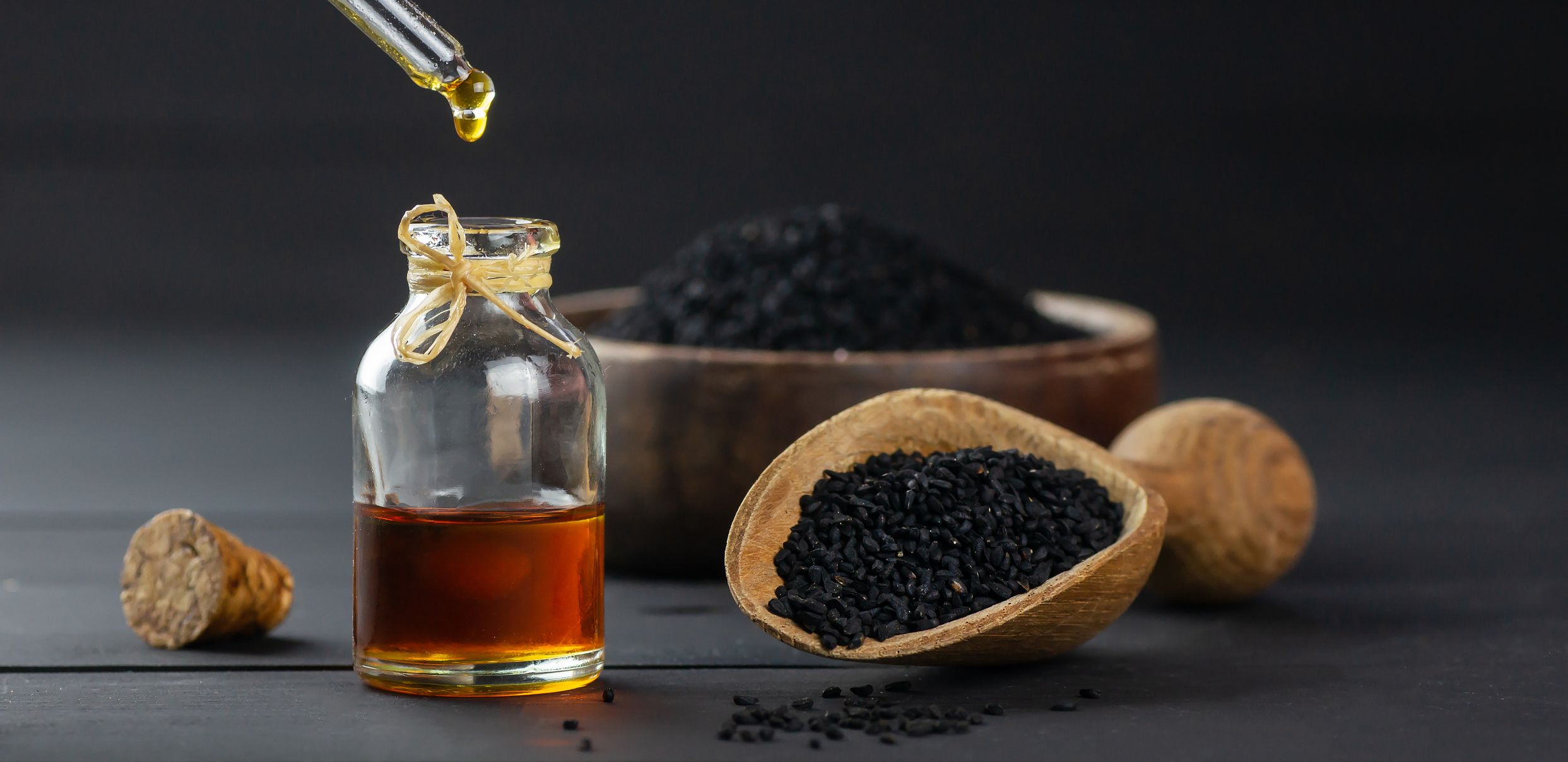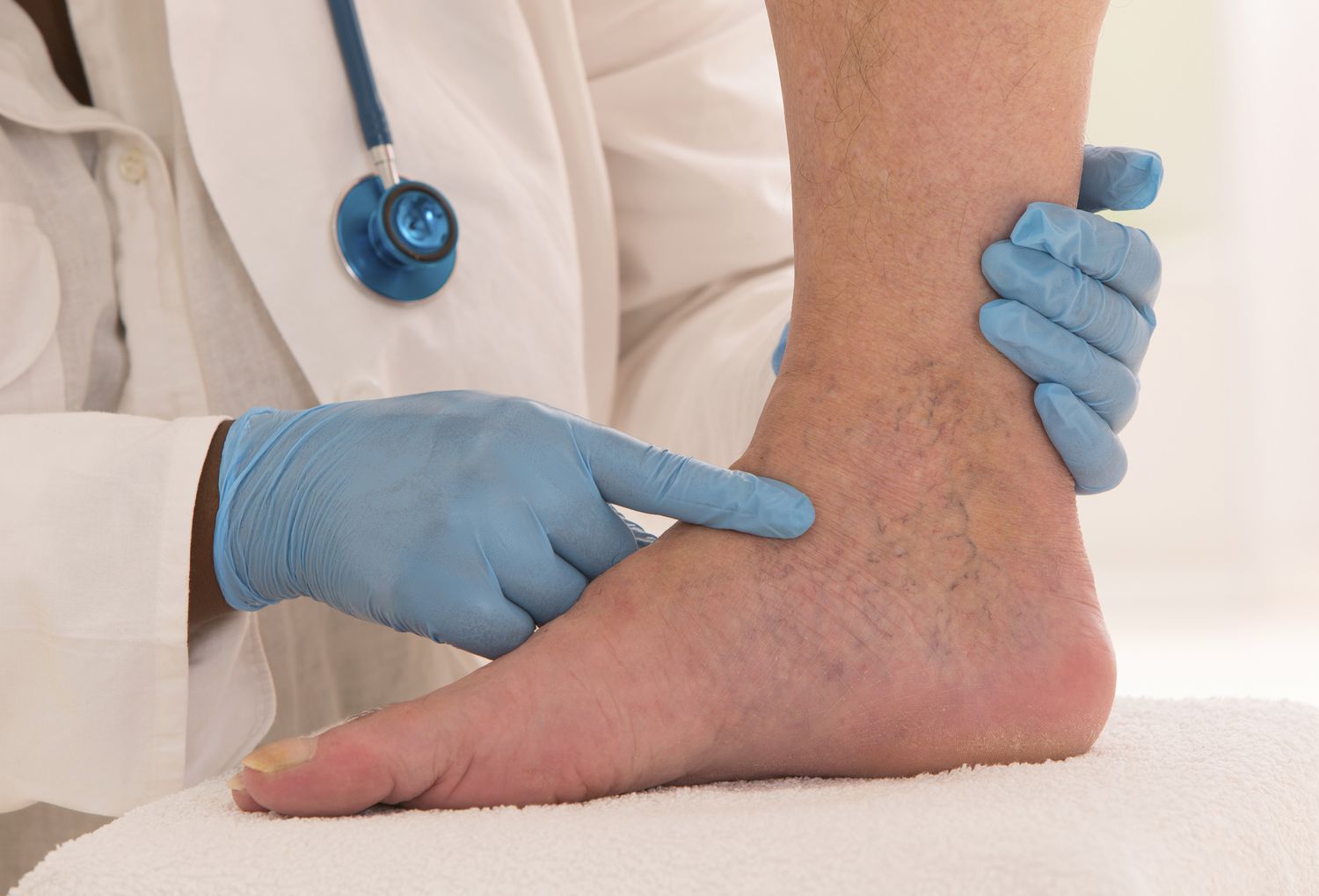Kidney stones are small hard deposits formed when substances such as calcium oxalate or uric acid crystallize within your kidneys. Not only can kidney stones cause discomfort while passing through your urinary tract, but they may also contribute to other problems, including constipation or digestive disorders. Let’s examine how kidney stones affect digestive health and what you can do about it.
What are kidney stones?
Kidney stones are solid crystals formed when minerals and salts in your urine become concentrated. Their sizes range from as small as a grain of sand up to that of a golf ball; kidney stones may form due to various reasons, including dehydration, eating a high-sodium diet or genetics.
Common symptoms of kidney stones
Wheezing in the back or side; radiating to lower abdomen/groin area; nausea or vomiting, blood in urine, nausea/vomiting sensation and painful or frequent urination are among them; yet these do not address constipation or other stomach related issues – let’s investigate further.
Do kidney stones cause constipation?
However kidney stones themselves do not directly cause constipation, but may indirectly. Here we explain how:
1. Pain medications
Kidney stones can be extremely painful, so doctors may prescribe pain relievers such as opioids to alleviate their discomfort. Unfortunately, opioids have the ability to slow food passage through your digestive tract and potentially lead to constipation.
2. Reduced physical activity
If kidney stone pain makes you less mobile, you may become less active and increase the likelihood of constipation and other digestive issues.
3. Dehydration
Lack of fluid intake is one of the primary contributors to kidney stones. Without enough liquid in your system, stool becomes hard and difficult to pass resulting in constipation and kidney stones.
How to alleviate constipation caused by kidney stones
Are You Struggling With Constipation Caused by Kidney Stones Here are a few steps that may help alleviate constipation while managing kidney stones? :
Drink more water: Staying hydrated can soften and make it easier to pass your stool, so aim to drink at least 8-10 glasses of water daily.
Consume high fiber foods: For regular bowel movements fiber foods, include fruits, vegetables, whole grains and legumes in your diet.
Moving around: Gentle activities such as walking can help get your digestive system moving again.
Avoid heavy painkillers: When possible, speak to your physician about non-opioids alternatives for pain relief.
Use laxatives cautionfully: While over-the-counter laxatives can help, it is wise to consult your physician first, particularly if you’re dealing with kidney issues.
Are kidney stones causing gastrointestinal issues?
Yes, kidney stones can lead to various gastrointestinal symptoms, as their pain and discomfort tends to manifest elsewhere in the body.
1. Nausea and vomiting
Kidney stones may cause irritation of nerves in the gastrointestinal tract, which in turn trigger nausea and vomiting symptoms in many people. Furthermore, severe pain caused by kidney stones often results in similar effects for some individuals.
2. Abdominal pain
As your kidney stone travels through your urinary tract, it may cause sharp abdominal pain that radiates down into the lower abdomen and beyond. While this ache might seem similar to digestive symptoms, its source could be different: your stone moving through its path in your ureter.
3. Bloating and gas
Some individuals experiencing kidney stones report feeling bloated or gassy when dealing with them, possibly as the body reacts to pain or changes in digestion due to dehydration.
Why are kidney stones causing digestive issues?
The relationship between kidney stones and digestive issues is complex, with several contributing factors including:
- Shared nerve pathways: The kidneys and the gastrointestinal tract share nerve linking. When kidney stones irritate these nerves, it can result in nausea, vomiting, and abdominal discomfort.
- Stress and anxiety: Coping with kidney stones can be stressful, which in turn has an adverse impact on digestion.
- Medication: For this reason, painkillers or antibiotics prescribed to treat kidney stones may upset your stomach or even cause nausea – both symptoms caused by their use should be managed accordingly to minimize discomfort or side effects.
If kidney stones are causing you nausea, vomiting, or other stomach-related symptoms, here are a few strategies:
- Stay hydrated: Drink plenty of water to flush away kidney stones and improve your digestive health.
- Consume small meals frequent: For best results, smaller meals throughout the day may help relieve nausea more effectively than large ones.
- Avoid trigger foods: Avoid foods such as spicy, fatty or greasy food as these may aggravate your stomach, so aim to keep to blander choices like rice, toast and bananas instead.
- Utilize anti-nausea remedies: Over-the-counter remedies such as ginger tea or crackers may provide temporary relief of nausea; but consult a healthcare provider should symptoms persist.
- When should you visit a doctor: Depending on your symptoms it may be beneficial to see a healthcare professionals.
Though mild constipation or abdominal discomfort can usually be managed at home, you should see a doctor if:
- Experiencing severe or persistent pain?
- Can’t keep food or water down
- Your constipation lasts more than several days.
- Blood in your stool or vomit
These could all be indications that there may be an underlying medical condition requiring medical care.
Preventing kidney stones and related issues
The key to avoiding kidney stone-related digestive problems is preventing kidney stones from forming in the first place. Here are some helpful tips:
1. Drink plenty of water
Maintaining adequate hydration levels is the single most crucial component to preventing kidney stones. Aim for 8-12 glasses daily of water consumption if living in an extremely hot climate or exercising frequently, or more if this applies.
2. Follow a balanced diet
Avoid foods high in oxalates (such as spinach, nuts and chocolate) while decreasing salt consumption and including calcium-rich foods to prevent future oxalate stone formation.
3. Limit sugary beverages
Drinking sugary beverages such as soda can increase the risk of kidney stones. Water, herbal tea or natural fruit juices are better choices to reduce this risk.
4. Stay active
Regular physical activity can help your body function more smoothly, potentially decreasing your risk of stone formation.
5. Check your medications
Certain medications can elevate the risk of kidney stones formation. If this concerns you, speak with your physician regarding alternatives.
Conclusion
Kidney stones can cause various symptoms, from constipation and diarrhea to nausea or abdominal pain. Although these issues aren’t directly caused by kidney stones themselves, they’re often caused by pain, stress, dehydration and medications used to treat them.
If you’re experiencing kidney stones and digestive issues, stay hydrated, consume a balanced diet, and consult your physician. With proper care and prevention measures in place, symptoms can be managed and the risk for future kidney stones reduced significantly.








